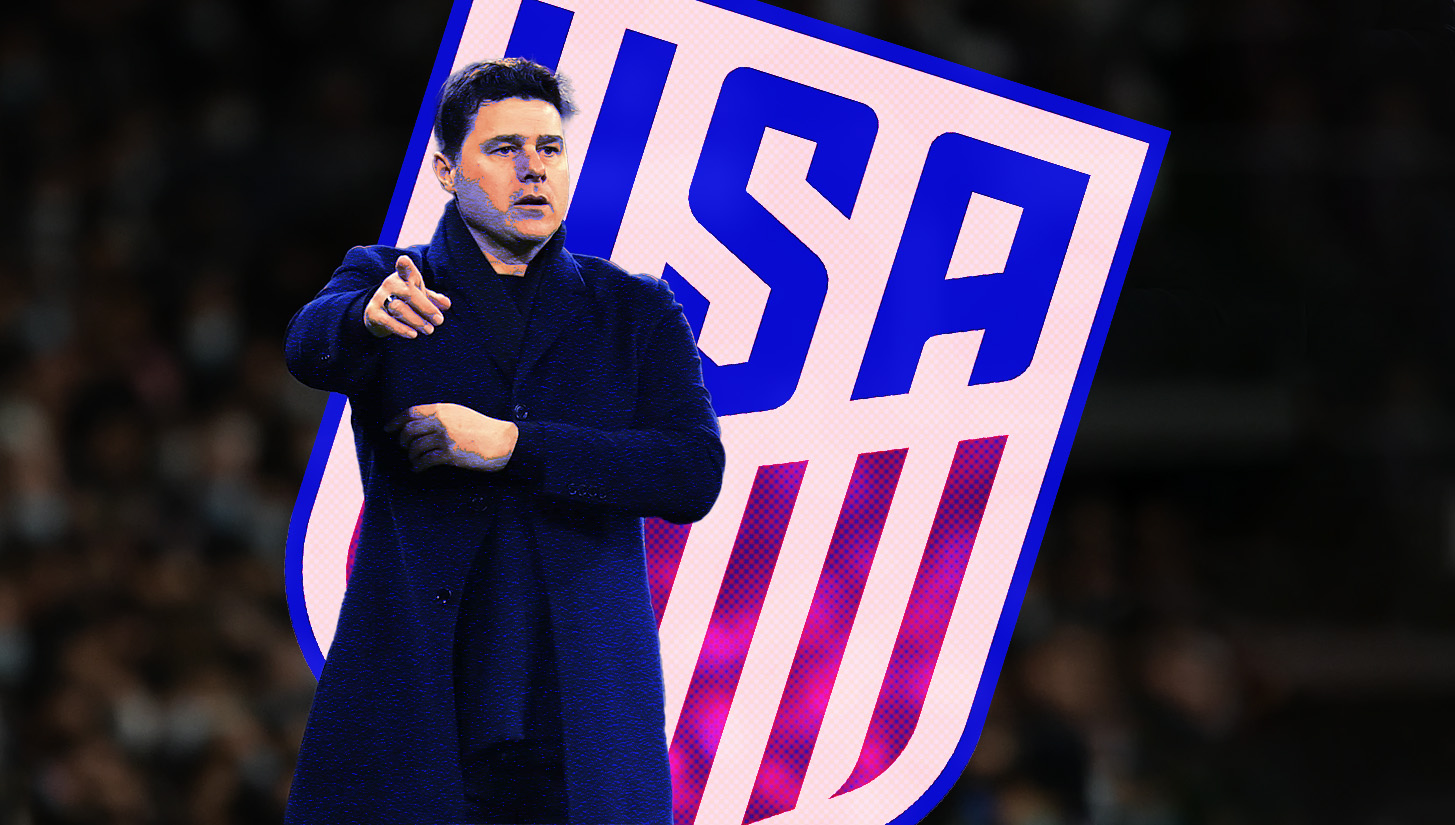Mauricio Pochettino is set to become the next manager of the United States men’s national team as the nation faces a pivotal two years leading up to the 2026 FIFA World Cup, which they will co-host. Here is a look at the background, playing career, and coaching style of the man taking over the pressure-filled role.
Mauricio Pochettino was born in the small Argentine town of Murphy, Santa Fe, with a population of just 3,500. He was discovered by two major soccer minds from the city of Rosario, around 90 miles away: Marcelo Bielsa and Jorge Griffa.
According to Pochettino’s own account, Bielsa, who at the time was coaching Newell’s Old Boys’ youth teams, and Griffa arrived in the small town around 1 a.m. and woke a sleeping Pochettino about an hour later. The first thing Bielsa noticed were Pochettino’s legs, telling Griffa, “he has the legs of a soccer player.”
Famously, on the first day Pochettino officially tried out for Newell’s, his trial under Bielsa lasted all of five minutes. After a brief discussion about whether he would play as a striker, it was a 13-year-old Pochettino who convinced the future Argentina national team manager that he was a center back. Bielsa observed Pochettino for five minutes, then called him over and told him to inform his parents that he was now a Newell’s Old Boys player.
A Career Crafted by Marcelo Bielsa
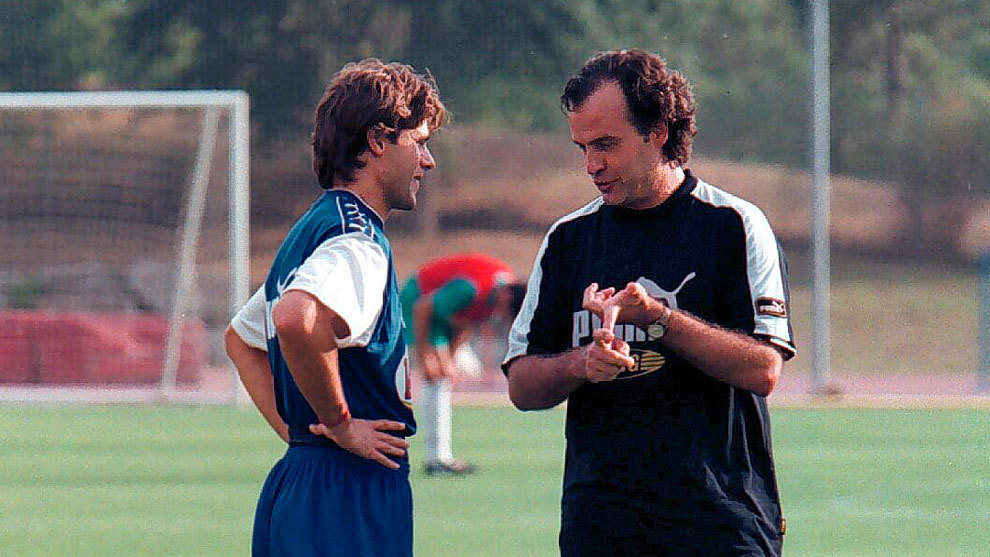
Pochettino underwent the Bielsa treatment during his time in the youth ranks of Newell’s. Bielsa’s grueling sessions were famous for lasting longer than those of the first team, yet Pochettino was able to withstand them, and he became a key young central defender when Bielsa took over the senior team in 1990.
Newell’s Old Boys would revolutionize Argentine soccer, winning two championships under the obsessive manager and reaching the final of the 1992 Copa Libertadores, where they lost to Sao Paulo. In all, Pochettino played 153 games for Newell’s, scoring eight goals.
After a transfer to Espanyol, Pochettino played the rest of his club career away from Argentina. At Espanyol, he established himself as a key defensive presence and became team captain, known for his leadership and solid defensive skills.
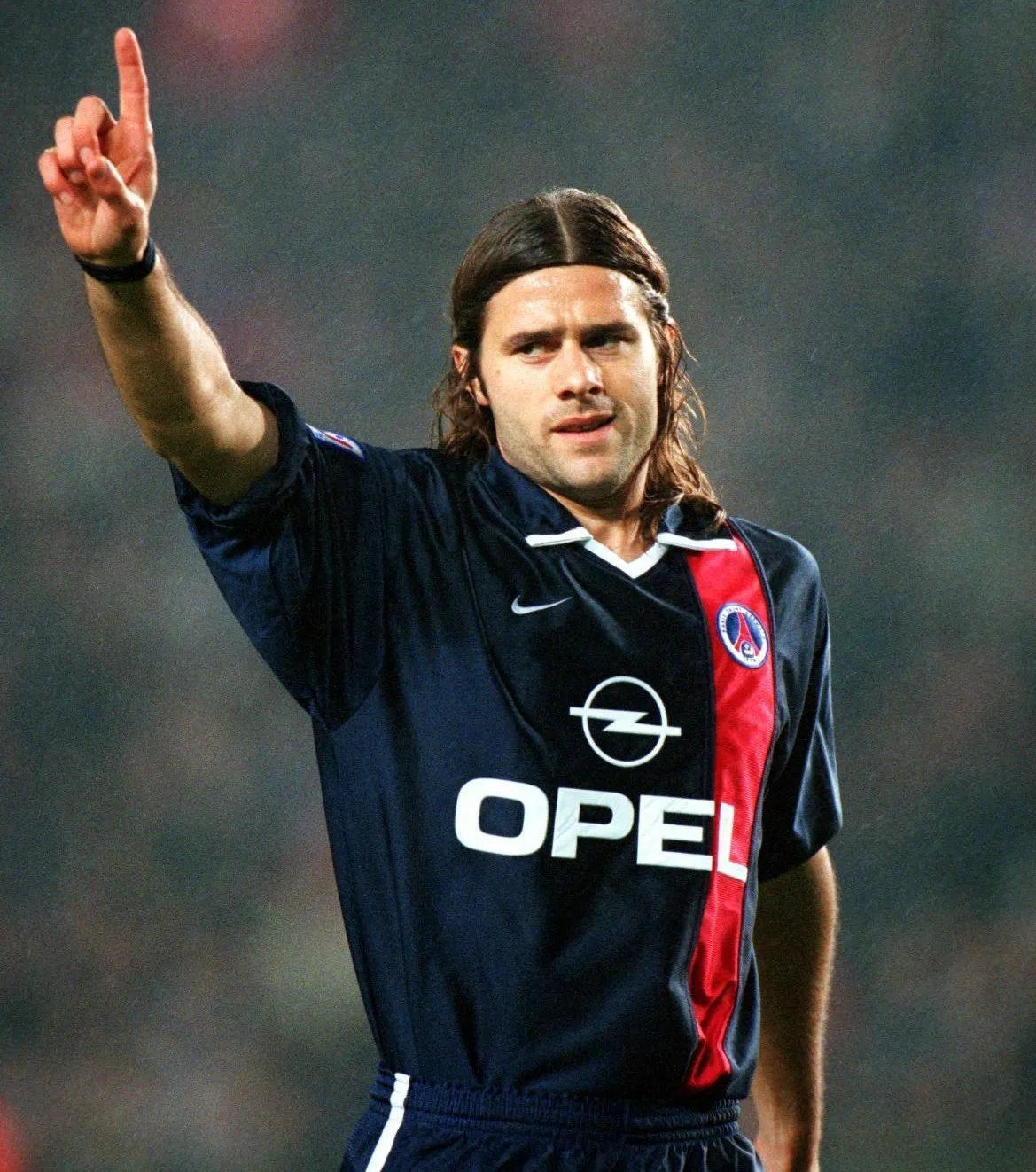
In 2003, Pochettino made a significant move to Paris Saint-Germain, where he continued to demonstrate his defensive prowess. His stint in France was marked by a strong defensive record and his role as a veteran leader in the squad. Despite the club not achieving major European success during his tenure, Pochettino’s contributions were crucial to PSG’s domestic campaigns, and he was an influential figure both on and off the pitch.
Pochettino’s playing career also included a notable period with the Argentine national team, where he earned 20 caps. He played in Argentina’s ill-fated 2002 World Cup under Bielsa, featuring in all three group matches where Argentina, heavy favorites to win, were shockingly eliminated in the first round. Pochettino also played for Bordeaux for just one season, but his career is best remembered for his time at Newell’s and Espanyol.
As a player, the tough defender won five championships across three clubs, Newell’s, Espanyol, and PSG.
Mauricio Pochettino the Coach
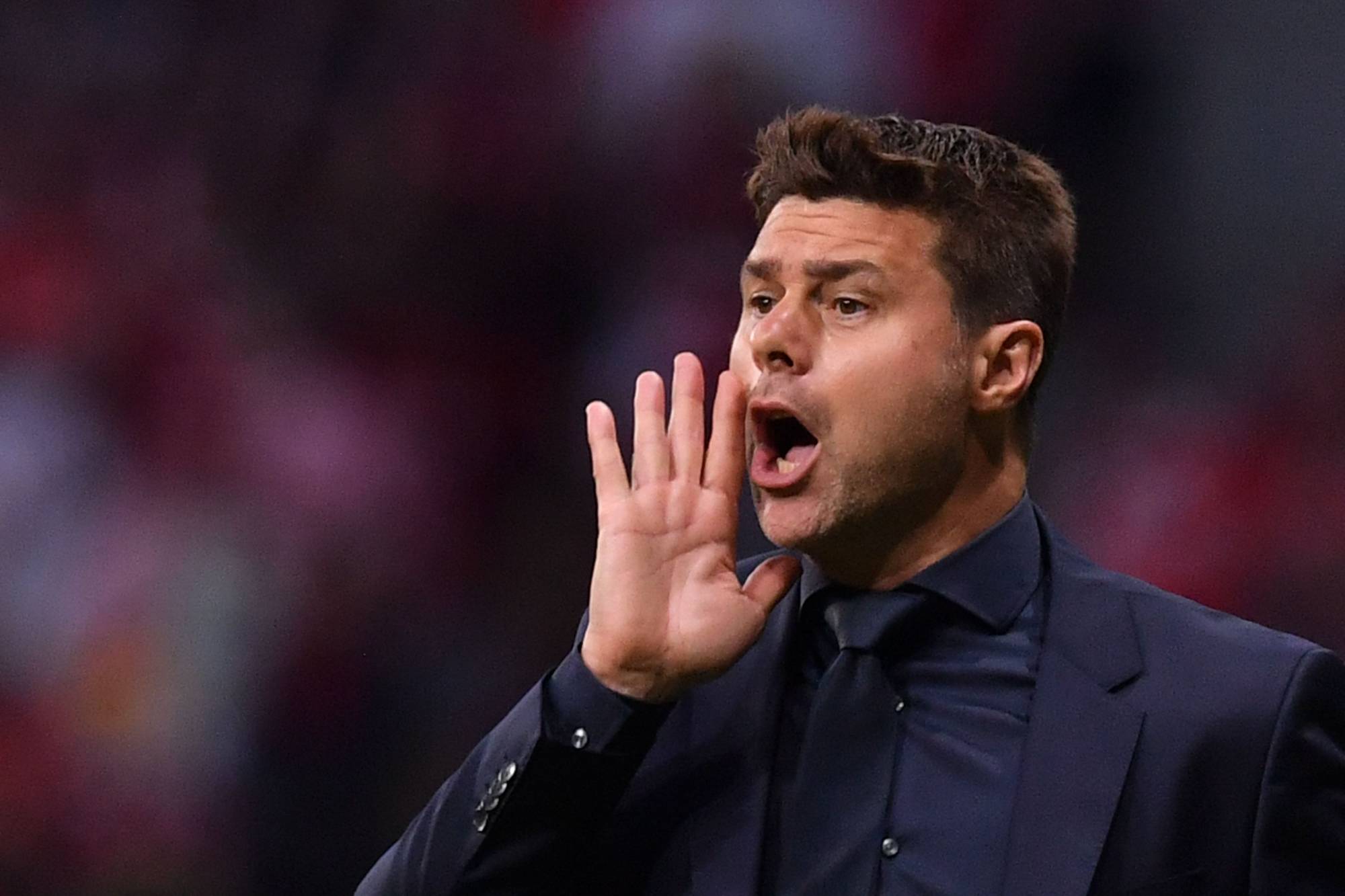
Pochettino’s managerial career is a testament to his tactical acumen, emphasis on high-intensity football, and commitment to developing young talent. From his early days in Spain to leading top clubs in England and France, Pochettino has crafted a distinctive coaching profile characterized by his strategic innovations and ability to adapt to various footballing challenges.
Early Beginnings and Tactical Foundations
Pochettino began his managerial career in 2009 with Espanyol, the club he ended his playing career with. Taking over during a turbulent period, he quickly made his mark with a pragmatic approach that focused on solid defensive organization and quick counter attacks. His success in stabilizing the team and securing notable victories, including against Barcelona, established him as a promising coach.
Southampton: A Tactical Revolution
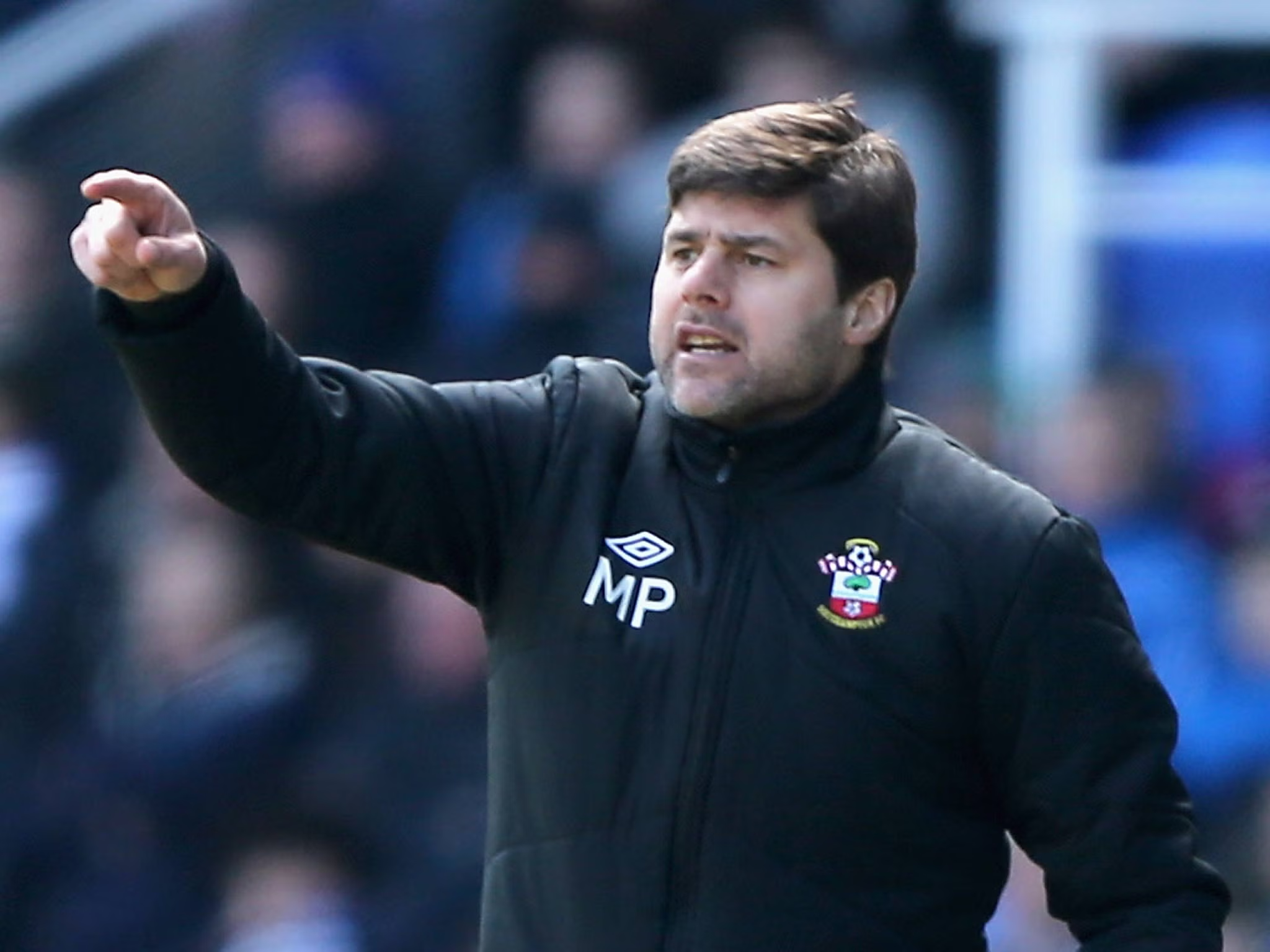
In 2013, Pochettino moved to the Premier League, joining Southampton. His time with the Saints was characterized by a tactical overhaul that significantly improved the team’s performance.
Pochettino implemented a high-pressing, high-intensity style of play, often utilizing a 4-2-3-1 formation. This setup featured two holding midfielders who shielded the defense while wide attacking midfielders and a central playmaker provided creativity and support for a lone striker. Southampton’s dynamic pressing and fluid attacking play led to an impressive eighth place finish in the Premier League and showcased Pochettino’s ability to adapt his tactics to the English top flight.
Tottenham Hotspur: Building a Contender
Pochettino’s next major role came at Tottenham Hotspur in 2014, where he further developed his reputation as one of the Premier League’s top managers. At Spurs, Pochettino employed a flexible 4-2-3-1 or 4-3-3 formation, which allowed his team to maintain high pressing and quick transitions.
Central to his tactics was a high defensive line and aggressive pressing in the opponent’s half, aiming to win the ball back quickly and exploit spaces with fast, fluid attacks. This approach resulted in Tottenham achieving consistent top-four finishes and reaching the UEFA Champions League final in 2019. Pochettino’s focus on player development saw young talents like Harry Kane and Dele Alli flourish under his guidance.
Paris Saint-Germain: Challenges and Achievements
In January 2021, Pochettino took over at another club he played for, Paris Saint-Germain. His time in Paris saw the implementation of a tactical setup that adapted to the star-studded squad he managed. He often used a 4-3-3 formation, which allowed for a balanced approach between solid defensive structure and creative attacking play. Pochettino guided PSG to domestic success, including winning Ligue 1, and led the team to the semifinals of the UEFA Champions League. Despite these achievements, his tenure faced criticism for inconsistent performances, reflecting the complexities of managing a squad with high expectations.
Chelsea: A New Chapter
In 2023, Pochettino began a new chapter at Chelsea. Although it was a short-lived stint, Chelsea, a club in complete disarray with an overflow of players and no real direction, saw improvement once Pochettino found the right balance and a consistent starting XI. The club rapidly improved, finishing sixth in 2023-24, with his record standing at 26-14-11 across all competitions. Pochettino would leave Chelsea after major disagreements with club management, and his contract was terminated by mutual consent.
Pochettino’s overall coaching record stands at an impressive 316-189-144 across five clubs, with a winning record in four of the five. As a manager, he won three domestic titles, all at PSG.
What Does the USMNT and Pochettino Inherit?
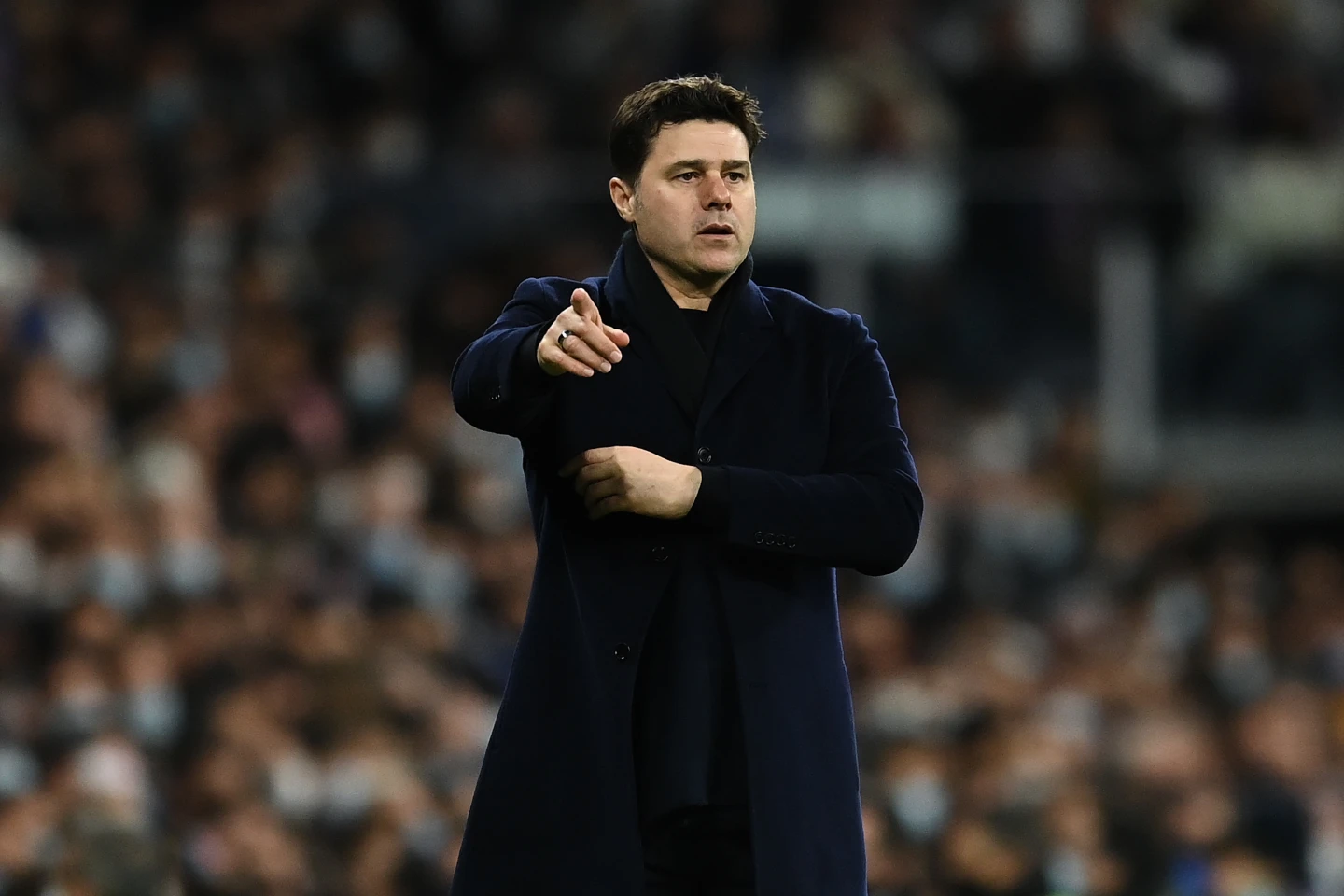
The U.S. program inherits a manager who is a disciple of Marcelo Bielsa, but also a coach who has made his own name. Pochettino is well-equipped to get the best out of a young squad. On the other hand, he inherits a talented but sometimes complacent USMNT, with some players who excel at the club level, but others who are content with “riding it out” as role players in other clubs, alongside a handful of important players who are in and out of their respective starting lineups.
It will be interesting to see how many players from the Gregg Berhalter era continue under Pochettino, and who may emerge under the Argentine manager. If the USMNT program has clamored for a manager to match the program’s oftentimes ambitious talk, Pochettino is the country’s biggest manager the federation has ever hired.
